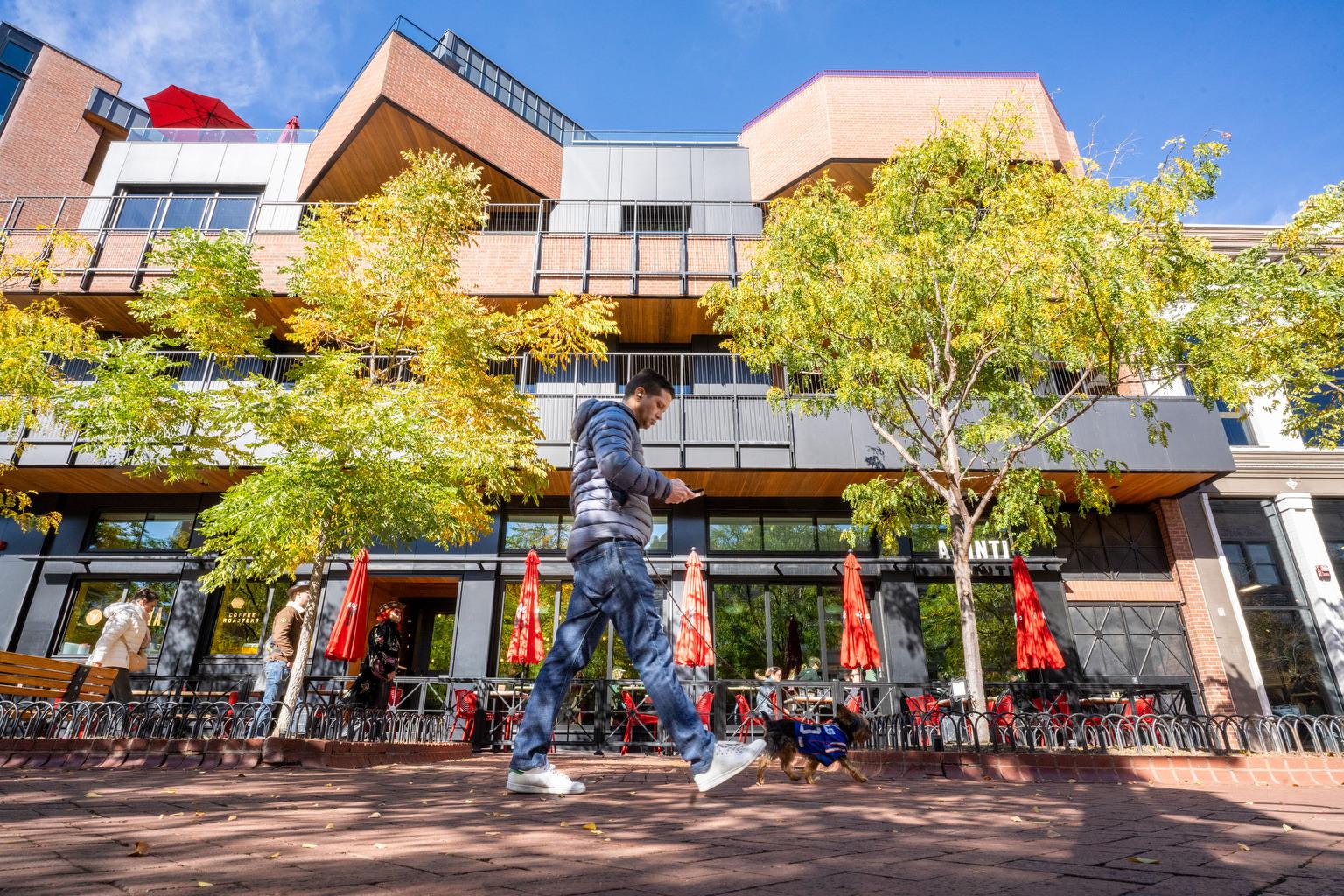San Francisco may become the first U.S. city to ban the use of facial recognition technology by police and city agencies. The city's Board of Supervisors will vote on a measure today, and if it votes in favor, several other cities and states could follow.
Governments have used the technology for several years, and the software can assist with efforts to find missing children, for example, or prevent driver's license fraud.
But in recent years, technological advances have raised concerns about civil liberties and racial bias. In a study published earlier this year by the MIT Media Lab, researchers found facial analysis software made mistakes when identifying people's gender if they were female or darker-skinned, according to The Verge.
San Francisco is expected to approve the anti-surveillance legislation. Some local activists say the legislation goes too far, and that there should be a moratorium on the technology instead of a ban.
Joel Engardio is vice president of the grassroots group Stop Crime SF. "We shouldn't be using it right now," Engardio told NPR. The failure rate is too high, and so we absolutely agree with the spirit of this law, but instead of a ban, like a forever ban, why not just stop using it for now, and keep the door open for when the technology improves."
Daniel Castro, vice president of the industry-backed Technology and Innovation Foundation, also says the ordinance under consideration in San Francisco is a poor model for other U.S. cities.
"They're saying, let's basically ban the technology across the board, and that's what seems extreme, because there are many uses of the technology that are perfectly appropriate," Castro told NPR. "We want to use the technology to find missing elderly adults. We want to use it to fight sex trafficking. We want to use it to quickly identify a suspect in case of a terrorist attack. These are very reasonable uses of the technology, and so to ban it wholesale is a very extreme reaction to a technology that many people are just now beginning to understand."
Similar legislation is under consideration in nearby Oakland, and Massachusetts Senate Majority Leader Cynthia Creem introduced a bill that would impose a moratorium on facial recognition software in the state until the technology improves.
Creem told NPR, "There is concern the system is flawed relative to racial bias, particularly with women of color."
She also says more specific guidelines should be developed for the government's use of the technology. "Big Sister is watching us," she said, "and yet we don't even know how those pictures are being used. ... The system that they're using now raises issues of due process and significant issues with regards to civil liberties."
The proposed legislation in San Francisco forbids the technology's use by police but allows its use at San Francisco International Airport and the Port of San Francisco, which are controlled by the federal government. It doesn't prevent businesses or individuals from using the software.
Georgetown University researchers have found that if you're an adult in America, there's more than a 50 percent chance that you're already in a law enforcement facial recognition database, according to The New York Times.
Alvaro Bedoya directs Georgetown University's Center on Privacy and Technology. He told NPR, "I think the technology is extremely invasive and deeply flawed ... so I think it makes sense that San Francisco would move to ban it, and if they succeed I think that hopefully this lays the groundwork for broader regulation of the technology when it's used by police."
Matt Cagle, a technology and civil liberties attorney at the ACLU of Northern California, also supports the San Francisco proposal. He told NPR, "The government has no business tracking when we leave our homes, when we go to a park or place of worship, and that's the sort of power that facial recognition technology gives the government."
The market research firm Grand View Research says the size of the government "facial biometrics" market is expected to grow from $136.9 million in 2018 to $375 million in 2025, according to NBC News and the Cato Institute.
9(MDEyMDcxNjYwMDEzNzc2MTQzNDNiY2I3ZA004))








